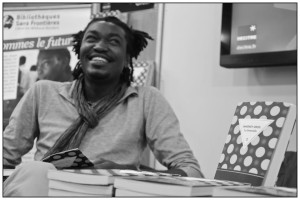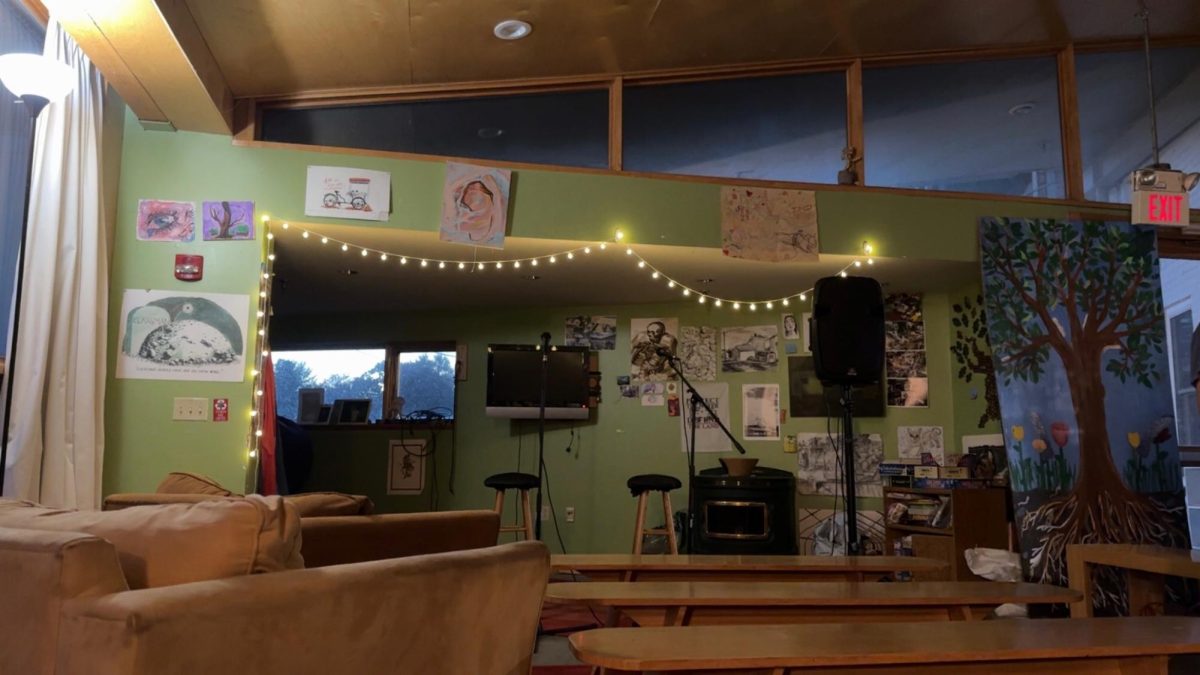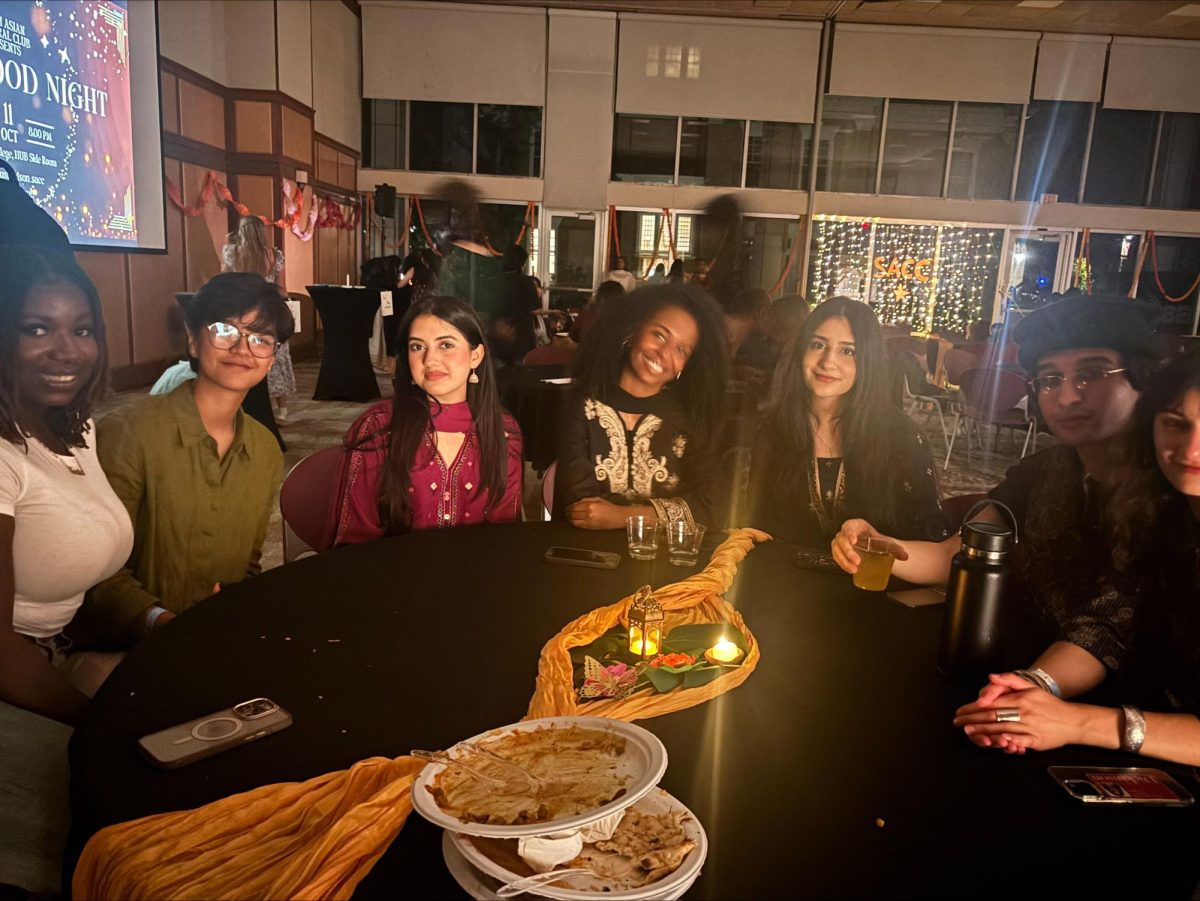Mackenzy Orcel, a visiting Haitian writer, discussed Franco-Creole language experiences in his life along with students Melynda Dalzon ’13 and Leo Altidor ’14 on Wednesday, Feb. 27 in honor of Black History Month.
Orcel writes about his existential fears and bases his ideas off of his travels, encounters, and readings. He calls writing his “invitation to travel.”
Orcel’s lecture was centered on the connection between language and one’s way of life.
“Teaching ethnic literature to students can be a challenge because students sometimes lack the contextual knowledge that informs all interpretation,” said Linda Brindeau, a visiting international scholar in French who helped organize the event.
Orcel aided in students’ understanding by sharing humorous experiences with misinterpretations and prejudices between the Franco-Creole cultures and educational systems in Haiti.
“Creole is the language of attitude. There are no restraints,” Dalzon explained. Although Orcel and the student presenters spoke in French so that the audience could understand, they provided Creole idioms along the way as examples.
While Orcel writes in French due to the lack of publishing agencies in Haiti, he continues to write for his country. During the lecture, he outlined the large and unfortunate cultural split between those who speak French and those who speak Creole. Orcel writes in French, but a strong Creole background is present in his books nonetheless.
“It is the little things in the language which form the essence of the culture and the humor associated with it,” Dalzon added.
Students in attendance agreed with the speakers’ assertions.
“I definitely agree that idioms can’t be easily translated into other languages, and I think that is what makes each language so unique and personable,” said Caitlin DeFazio ’16.
Sam Richards ’16 agreed.
“Your feelings guide how you express yourself and some expressions are better in certain languages than others,” he said.
Orcel supported this idea when he explained how the language chooses the text rather than the other way around.
“Language has a way of making some people behave differently because there are only a certain amount of words for a person to draw from in a specific language,” noted Gabriel Chong-Ling ’16. “So when the speakers noted that it was easier to write in one language or another depending on the ideas they would like to convey, it made perfect sense to me.”
In addition to his lecture, Orcel was on campus from Feb. 22 through Feb. 27. He attended the Black History Month Celebration dinner hosted by the African American Society on Feb. 23.
“Memory is essential,” he said as he explained how he enjoyed the evening. “Black History Month is a good idea but you have to go further. It should be altogether global and have plans for the future.”
Jessica Sykes ’16 contributed reporting to this article.






